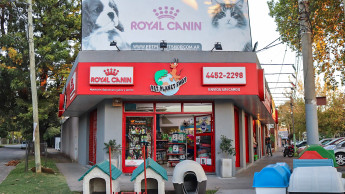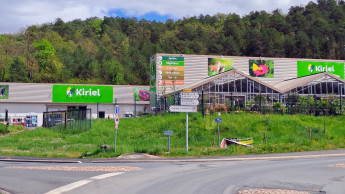This was the prediction of Matthias Queck, senior discount retail analyst at the market research institute Planet Retail, at the Roundtable Conference of the Private Label Manufacturers Association (PLMA) in Berlin, for the years 2009 to 2013. It only applies to Europe, because in other parts of the world, for instance the USA or Japan, the discount store phenomenon is by no means as successful. In Europe, Germany is regarded as the no. 1 discount country, followed by Norway (only soft discounters), Austria and Denmark.
Retail experts think that the Lidl discount chain above all could enjoy above-average growth in sales and in the number of new stores it opens. One of the strengths of the discounters, according to Matthias Queck, is their flexibility. They are in a position to absorb all the successful formats of other retail companies. Where the hypermarkets picked up on the idea of including non-food products in their range in the 1990s, the discounters are increasingly appropriating the convenience store concepts of city-centre location, food-to-go offers and premium food. And this is why: premium ranges may not be so fast-moving, but they are more lucrative for the discounters.
With regard to the discounter as the new convenience store, Matthias Queck supported his theory with pictures of new Lidl branches in city-centre locations in London and Manchester. The new, emotionally appealing advertising flyers from Lidl and Aldi in Germany featuring explanatory product descriptions are another example, in Matthias Queck's opinion.
While Lidl & co. are turning increasingly to premium merchandise categories, supermarkets and hypermarkets are, conversely, orienting themselves more and more strongly to discounters, Matthias Queck asserted. He cited the Belgian chain Delhaize as an example. This spring the company has introduced a so-called red market concept with features similar to discounting for the first time. Discount orientation is also the trend towards big box retailing and multi-buy promotions at non-discounters.
Reactions to the discounting challenge
Yves Marin, consultant and former director of the international buying department at the French trade group Casino, described strategies with which supermarkets and hypermarkets could, in his view, reasonably react to the discount challenge. The key word he offered was: simplify! In other words, fewer articles to facilitate better orientation for consumers at…

 Menü
Menü







 5-6/2009
5-6/2009









 Newsletter
Newsletter